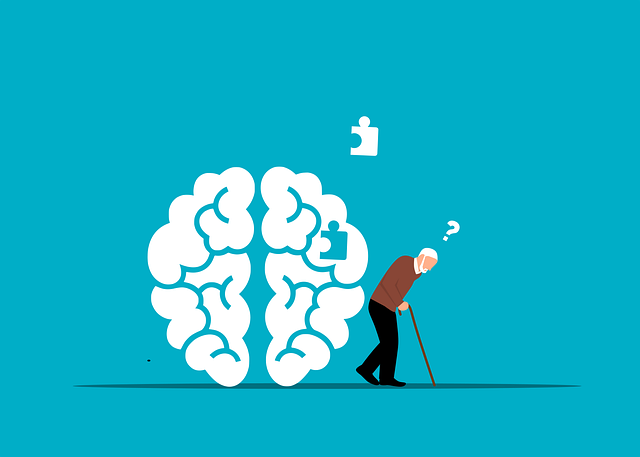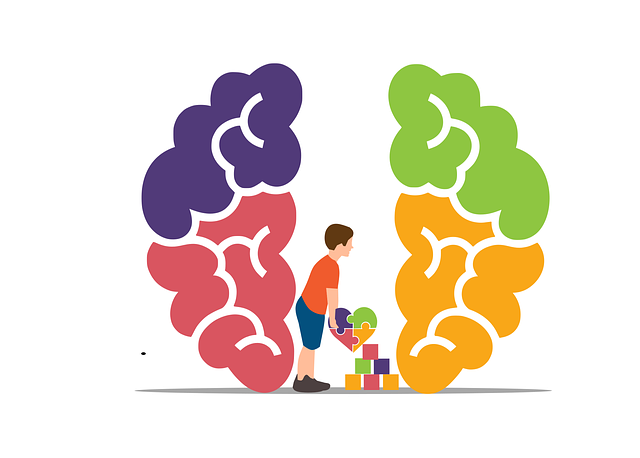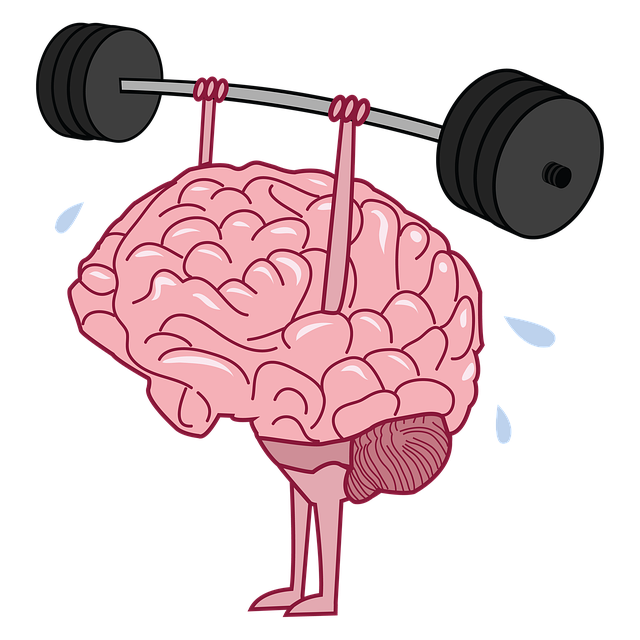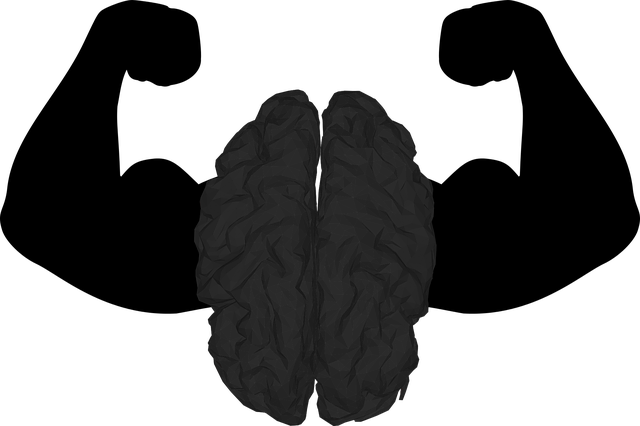Colorado Springs Geriatrics Therapy leverages positive thinking exercises as a holistic approach to enhance well-being among seniors, aiming to combat burnout and strengthen mental resilience. Tailored practices such as gratitude journaling and self-esteem improvement activities empower clients to reframe negative thoughts, reducing anxiety and cultivating calm. Strategically integrating morning affirmations, non-violent communication, mindfulness meditation, and hobbies, alongside trauma support services for those with histories, this therapy guides seniors in navigating challenges with renewed energy and purpose, contributing to active and fulfilling lifestyles. Success is measured through regular assessments tracking mood, stress levels, and life satisfaction, allowing for data-driven adjustments that respect cultural sensitivity and cater to diverse backgrounds.
In Colorado Springs, positive thinking exercises are transforming geriatric therapy, empowering seniors to enhance their mental well-being. This article delves into the profound benefits of cultivating a positive mindset for older adults, exploring tailored exercises effective in geriatric settings. We guide you through strategic implementation and offer insights on measuring success, ensuring optimal outcomes for Colorado Springs geriatrics therapy programs. Discover how these practices can revolutionize senior care.
- Understanding Positive Thinking and its Benefits for Seniors in Colorado Springs
- Choosing the Right Positive Thinking Exercises for Geriatric Therapy
- Practical Implementation Strategies for Effective Positive Thinking Training
- Measuring Success and Adjusting Positive Thinking Programs for Optimal Outcomes
Understanding Positive Thinking and its Benefits for Seniors in Colorado Springs

Positive thinking exercises are a powerful tool for seniors in Colorado Springs looking to enhance their well-being and overall quality of life. This practice encourages individuals to focus on optimistic thoughts, reframing negative perspectives, which can have significant advantages for mental health and daily functioning. By adopting positive thinking, seniors can experience a confidence boost, enabling them to navigate challenges with renewed energy and purpose. It becomes a protective mechanism against burnout, often a concern among the elderly, allowing them to maintain an active and fulfilling lifestyle.
Moreover, this simple yet effective approach has been linked to anxiety relief, which is prevalent among the aging population. By training the mind to recognize and appreciate positive aspects, seniors can reduce stress levels and cultivate a sense of calm. This strategy aligns perfectly with Colorado Springs Geriatrics Therapy’s mission to holistically support older adults, emphasizing that nurturing mental resilience through positive thinking can lead to improved overall health and happiness.
Choosing the Right Positive Thinking Exercises for Geriatric Therapy

When implementing positive thinking exercises for geriatric therapy in Colorado Springs Geriatrics Therapy, tailoring the approach to suit individual needs is paramount. Different senior citizens may have distinct mental health backgrounds and preferences, necessitating a varied toolkit. For instance, exercises focusing on gratitude journaling can be potent tools for fostering emotional regulation, encouraging patients to reflect on life’s blessings daily. This simple yet profound practice has been shown to enhance overall well-being and combat negative thought patterns.
Additionally, incorporating self-esteem improvement activities, such as positive affirmation sessions or goal-setting workshops, can significantly benefit geriatric clients. These activities empower seniors by helping them challenge negative beliefs about themselves, thereby fostering a more positive mental health policy analysis and advocacy within their lives. Tailoring these exercises to address specific emotional regulation challenges ensures that Colorado Springs Geriatrics Therapy offers personalized care, ultimately contributing to improved quality of life for its elderly clientele.
Practical Implementation Strategies for Effective Positive Thinking Training

Implementing positive thinking exercises effectively requires a strategic approach tailored to individual needs, especially within the context of Colorado Springs Geriatrics Therapy. One practical strategy involves integrating these practices into daily routines. Simple techniques like morning affirmations or gratitude journaling can set a positive tone for the day. Healthcare professionals can guide patients in identifying and challenging negative thought patterns, replacing them with more optimistic alternatives. This cognitive reframing is a powerful tool for improving mental well-being.
Additionally, incorporating conflict resolution techniques through non-violent communication can enhance relationships and foster a sense of community, which is beneficial for overall health. Self-care practices such as mindfulness meditation and engaging in hobbies also contribute to positive thinking. For those with traumatic experiences, trauma support services should be accessible alongside these exercises to provide comprehensive care and ensure individuals feel safe and supported throughout their therapeutic journey.
Measuring Success and Adjusting Positive Thinking Programs for Optimal Outcomes

Measuring success and adjusting positive thinking programs is paramount for achieving optimal outcomes in Colorado Springs Geriatrics Therapy. Evaluating the effectiveness of these initiatives involves tracking key metrics such as participant mood, stress levels, and overall life satisfaction through regular assessments. This data provides insights into the program’s impact and helps identify areas for improvement. For instance, if a mental wellness journaling exercise guidance is implemented, tracking the frequency and depth of entries can reveal participants’ growing awareness of their thoughts and emotions.
Adjustments to positive thinking programs should be data-driven and culturally sensitive, incorporating Healthcare Provider Cultural Competency Training principles. By understanding participants’ diverse backgrounds and preferences, therapists can tailor Mindfulness Meditation practices or other interventions to ensure inclusivity and maximum engagement. This iterative process ensures that the program remains relevant and impactful, fostering continuous improvement in mental wellness outcomes for all involved.
Implementing positive thinking exercises as part of geriatric therapy in Colorado Springs can significantly enhance the well-being of seniors. By choosing tailored activities and employing practical strategies, therapists can foster a sense of optimism and resilience among this demographic. Measuring success through regular assessments allows for adjustments, ensuring optimal outcomes and improving the overall quality of life for older adults in Colorado Springs geriatric therapy settings.














